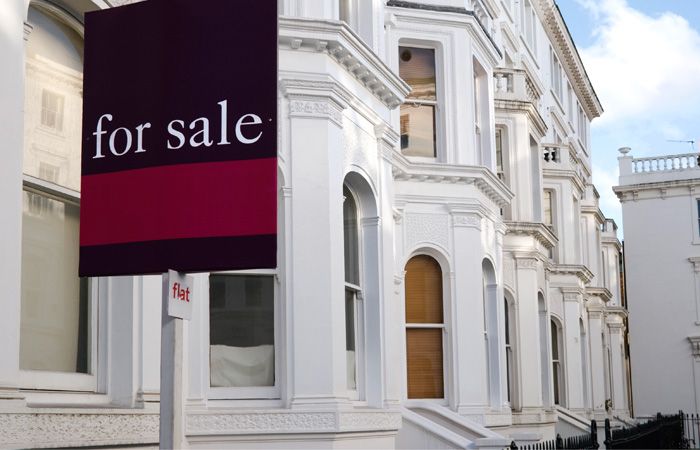
Prime property prices in central London fell last year with international buyers locked out of the UK market due to travel restrictions caused by the pandemic.
High-end properties slipped by 4.3 per cent, a figure that has remained steady for three months, suggesting house prices are broadly flat, according to data from property consultancy Knight Frank.
Average prices for houses and flats in prime outer London, fell 2.9 per cent in the year to January, the smallest decline since the first national lockdown last March.
The survey says its “data reveals the differing reliance on domestic and overseas buyers across various markets”.
The spread between the annual price growth in Greater London, at 9.6 per cent, and prime central London at minus4.3 per cent, in November was 13.9 percentage points, which the survey says underlines the extent to which domestic demand has sprung back in the capital.
The report adds: “All this means any impact on prices by the April introduction of the 2 per cent stamp duty surcharge for overseas buyers is likely to be muted.”
The £5 million to £10 million price bracket in prime central London, which is typically skewed towards houses and UK-based owner-occupiers, experienced the biggest jump in the number of sales last year, rising 16.1 per cent from 2019, the largest increase since 2013.
However, this month the number of transactions in prime central London was 12 per cent higher in January 2019, highlighting the release of pent-up demand after the market re-opened last May, the poll adds.
The survey pointed to an “emerging supply/demand imbalance in prime London markets that is keeping upwards pressure on prices”.
It said, the number of new prospective buyers was 14 per cent higher than the five-year average in January. However, the number of appraisal valuations was 27 per cent below the five-year average “as more sellers than buyers hesitate during the third national lockdown”.
Knight Frank head of UK residential research Tom Bill says: “The absence of international travellers means we are in the unique situation of having a stamp duty surcharge that is largely baked into the price before it is introduced.”
Bill adds: “Overseas buyers will need to take this weaker performance into account once restrictions are lifted and price negotiations restart.”
Meanwhile, average rents in prime central London fell 13 per cent in the year to January amid high levels of supply. In prime outer London, rents fell by 10.7 per cent over the same period.
A high number of properties have switched out of the short-letting market in the capital since the pandemic, which has been exacerbated during moments of tighter lockdown restrictions, said the report.
It added, that valuation appraisals for the lettings market jumped by 63 per cent, compared to the five-year average in January, highlighting how supply levels continue to rise.
The number of tenancies taken up in January was 19 per cent ahead of the five-year average in London, underlining strong activity levels despite falling rents.
Knight Frank head of prime central London lettings David Mumby says: “Prime London rents have undergone a fundamental reset. Rents are falling and I think the trend will continue until the airports re-open and we see the return of international travel. We are not being inundated with new stock at the same rate as last year, but supply levels are still high.”



